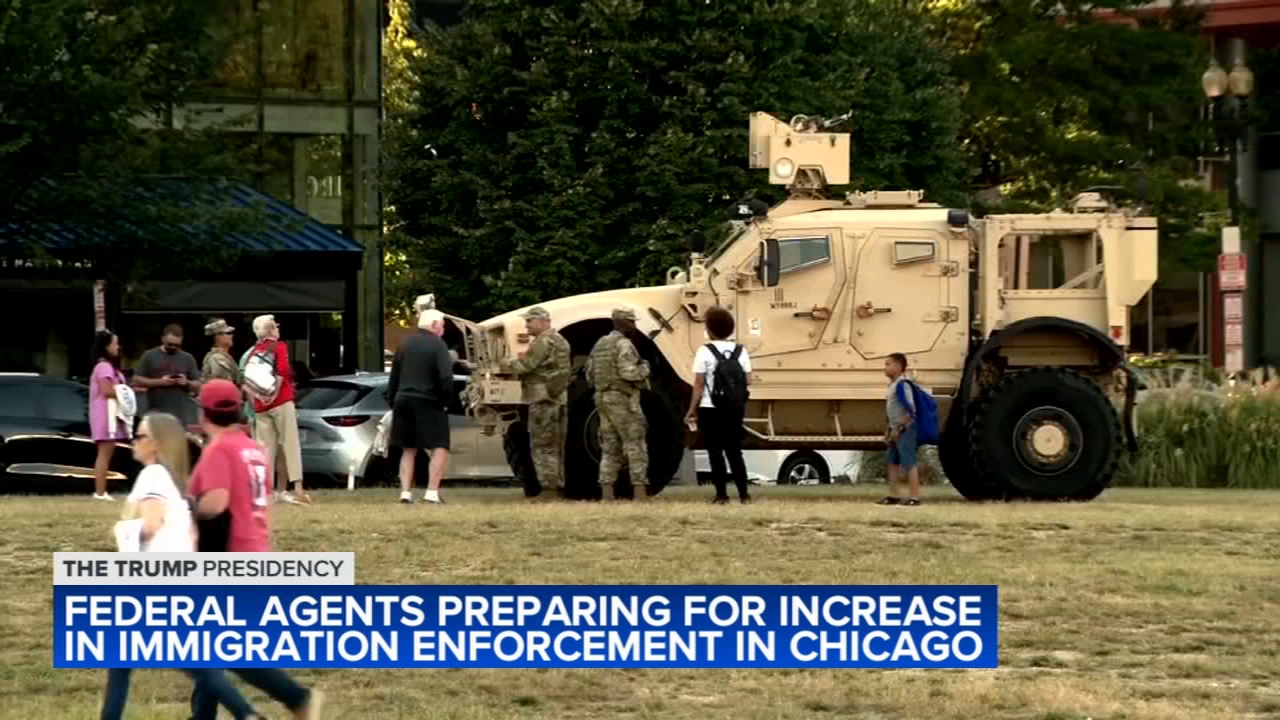Trump Sends National Guard to Chicago Despite Court Ruling
President Trump initiated the deployment of National Guard troops to Chicago, defying a recent federal court ruling that declared his similar action in Los Angeles illegal and sparking immediate backlash from Illinois officials.

President Donald Trump has moved forward with preparations to deploy National Guard troops to Chicago, escalating tensions with Illinois state and city leaders and raising legal questions after a federal court ruled his previous deployment to Los Angeles was unlawful. The decision comes in the wake of a violent Labor Day weekend in Chicago, which Trump cited as justification for federal intervention, despite local authorities insisting the situation does not warrant military involvement.
Legal Showdown and Political Backlash
Governor JB Pritzker and Mayor Brandon Johnson, both Democrats, swiftly condemned the president’s announcement. Pritzker, in a press conference, called Trump’s remarks "unhinged" and accused the administration of staging a "big show." He emphasized that neither the city nor the state requested federal troops and insisted there was no emergency justifying such a move. Mayor Johnson echoed these sentiments, leading public chants of "no troops in Chicago" and vowing to defend the city’s autonomy.
The legal context is fraught: just days earlier, a federal judge in California ruled that Trump’s deployment of National Guard troops to Los Angeles violated the Posse Comitatus Act, which restricts the use of the military for domestic law enforcement. The court found that there had been no insurrection or rebellion justifying federal intervention and noted that local law enforcement was capable of maintaining order. Illinois officials have indicated they are prepared to cite this ruling as precedent in challenging any similar deployment in Chicago.
Federal Preparations and Community Response
Despite the legal uncertainty, preparations have intensified. Governor Pritzker stated that elements of the Texas National Guard are already being staged for deployment in Illinois, and federal agencies, including U.S. Immigration and Customs Enforcement (ICE), are ramping up operations in the Chicago area. Reports indicate that federal agents have arrived at a naval base in North Chicago, and the mayor of Broadview confirmed that the local ICE detention center will serve as a primary base for the operation, prompting city organizations to update resources for immigrant and refugee communities.
The Trump administration has signaled that, in addition to crime suppression, the deployment will support a major immigration enforcement effort, including potential sweeps of homeless encampments. Local leaders and advocacy groups are mobilizing to support vulnerable populations and prepare for possible confrontations with federal forces.
National Implications and Uncertain Timeline
Vice President JD Vance attempted to downplay the immediacy of the deployment, stating there were "no immediate plans" to send the National Guard to Chicago, but he reiterated the administration’s belief in its legal authority to act. The ambiguity extends to the timeline: Trump has alternated between insisting action is imminent and suggesting other cities, such as New Orleans, could be next. This uncertainty has only intensified the sense of crisis and legal confusion surrounding the situation.
As the standoff continues, Illinois officials are preparing legal challenges, community organizations are bracing for federal action, and the nation watches to see whether the president will once again test the limits of executive authority in domestic law enforcement.
Sources
-
ABC News Trump says he will deploy National Guard to Chicag...
-
CBS News Chicago Pritzker says Trump administration already moving...
-
ABC 7 Chicago Chicago preparing for National Guard deployment
-
CBS News Vance says "no immediate plans" for Trump to send...
-
Defense Communities Court Says L.A. Deployment Was Illegal; Trump Plan...